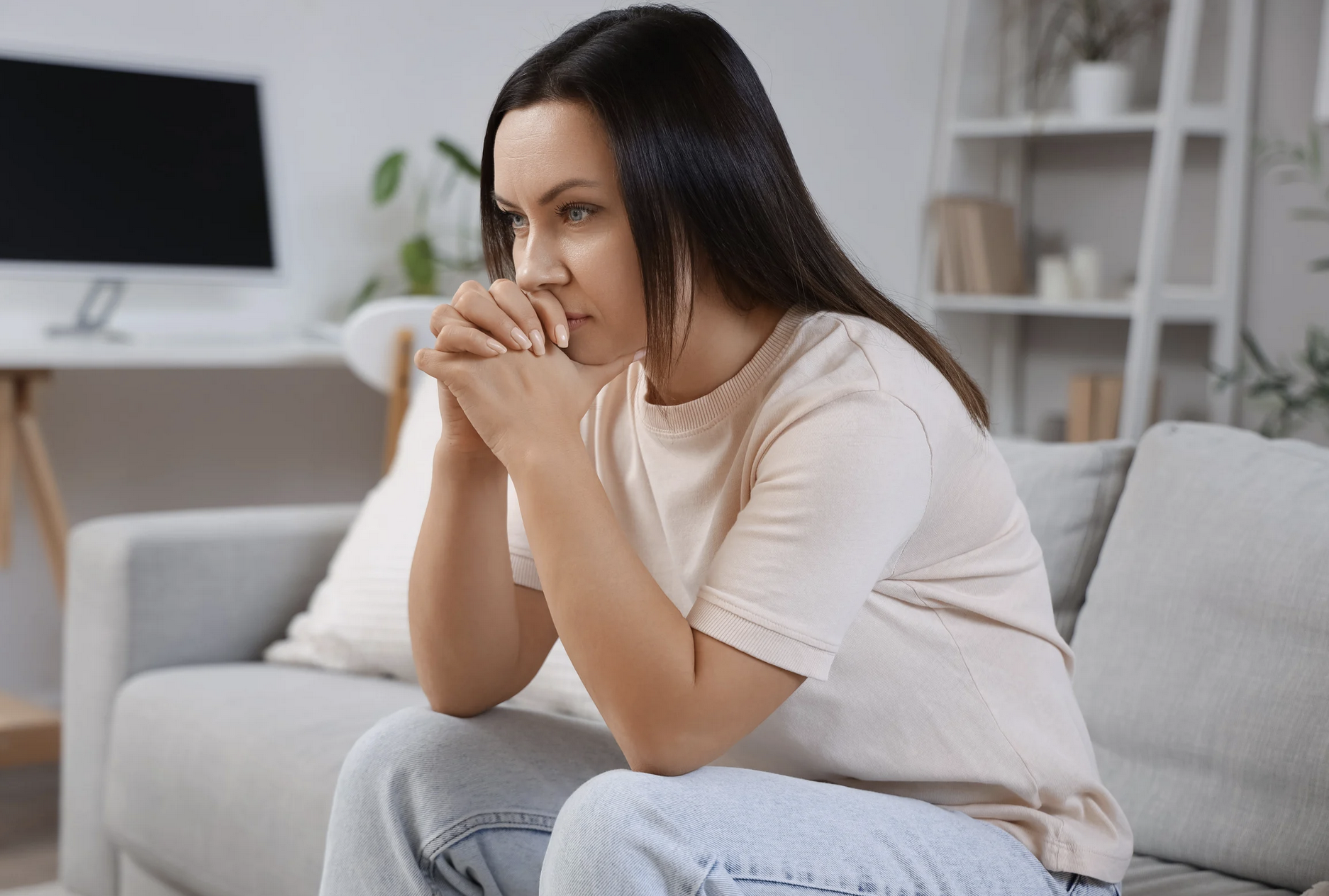Healing within a relationship is often viewed as a journey that couples embark on together after experiencing turmoil. Whether it’s infidelity, communication breakdowns, or other forms of hurt, the process of repairing trust and rebuilding a bond requires intention and effort from both individuals. It involves a clear recognition of the issues at hand, a commitment to addressing them, and the implementation of strategies aimed at healing.
While healing is the goal, it’s critical to determine if the path to repair is a healthy one. Sometimes, the effort to heal can become toxic, with one or both partners holding onto the pain or engaging in destructive behaviours that further damage the relationship. In such instances, efforts to heal may actually hinder personal growth and well-being. Identifying the signs of toxic attempts at healing is as important as recognizing healthy patterns that contribute to a stronger, more resilient relationship.
Trust serves as the foundation of any relationship, and its restoration is key in the healing process. The rebuilding of trust takes time and patience, with transparent communication and consistent actions being integral to recovery. Both partners must feel safe to express their feelings and vulnerabilities as they work towards not only salvaging their relationship but also ensuring it is transformed into a more honest and supportive partnership.
Identifying the Nature of a Relationship

Before delving into healing or addressing issues within a relationship, it’s crucial to recognize whether the relationship is broadly healthy or toxic. This recognition plays a pivotal role in determining appropriate steps for recovery or, if necessary, departure. You must stay vigilant for signs of toxicity, as they can sometimes be disguised or turned on their head – back at you.
Signs of a Healthy Relationship
A healthy relationship typically exhibits several key characteristics:
- • Trust: Both partners believe in the reliability and truthfulness of the other.
- • Love and Connection: They share a deep affection and a strong bond that brings joy.
- • Honesty: Open communication and truthfulness are the norms.
- • Positive Influence: Each person positively impacts the other, fostering personal growth.
In a healthy relationship, partners experience:
- A sense of safety and support.
- Mutual respect and equality.
- The freedom to maintain individuality and outside interests.
Traits of a Toxic Relationship
Conversely, a toxic relationship often includes damaging traits:
- • Lack of Trust: There is suspicion and jealousy without reasonable cause.
- • Control: One partner exerts power over the other, often limiting their freedom.
- • Gaslighting and Blame: Regular manipulation makes one partner question their reality.
- • Negative Interactions: Criticism and hostility are more common than kindness.
In a toxic relationship, individuals may notice:
- Persistent anxiety and a feeling of walking on eggshells.
- Deterioration of self-esteem due to constant criticism.
- Isolation from friends and family as a result of the partner’s controlling behaviour.
Strategies for Healing and Growth

When working towards healing in a relationship, it is essential to focus on self-improvement, seek outside support when necessary, and lay a solid groundwork for rebuilding the bond between partners.
Self-Care and Personal Development
Self-care is fundamental for individual healing. Those looking to mend emotional wounds can benefit from engaging in activities that promote well-being and personal growth. Self-reflection offers a chance to gain a deeper understanding of one’s needs and emotions, aiding in the development of self-esteem and self-confidence. Opportunities for self-care include:
- • Physical activities such as yoga or exercise to maintain a healthy body and mind.
- • Journaling to process emotions and record personal insights.
- • Practising the tenets of Conscious Emotional Transformation (CET) to cultivate a high vibrational energy within one’s nervous system.
Furthermore, prioritizing self-care shows compassion towards oneself, setting a positive example for giving and receiving love in the relationship. You must allow love to flow within yourself before you can share this with someone else!
Building a Foundation for Reconnection
Restoring a connection requires patience, empathy, and a willingness to understand each other’s perspectives. A couple can undertake several actions to reinforce their bond:
- • Commit to daily loving and compassionate interactions.
- • Establish a routine for open communication to express needs, fears, and desires.
This framework of actions allows couples to create an emotionally safe space for both giving and receiving love, enabling deeper empathy and connection.
Conscious Emotional Transformation (CET) facilitates relationship healing by promoting self-awareness, emotional resilience, and mindful communication. Through these practices, CET empowers individuals to navigate challenges with grace, fostering understanding and harmonious connections within relationships.







